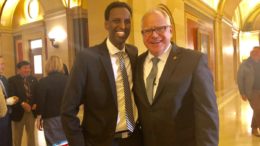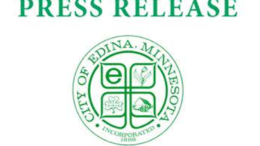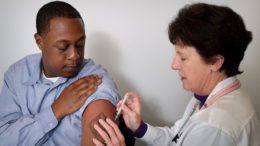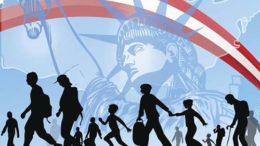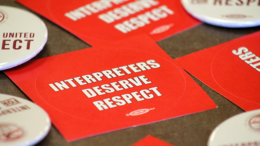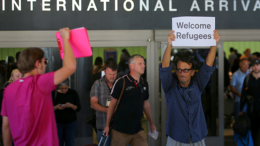New heights for Somalis in Minnesota
By the start of the new year, 2019, there were a number of new governors taking the reins of power across the United States. Governor of Minnesota, Tim Waltz, was one of those governors who took the oath of office on January 7th 2019. Traditionally, most governors-elect have about 8 to 10 weeks between Election Day and Inauguration Day to get a lot of preparatory work done. Governor Tim Waltz ran on inclusiveness and promised to have a cabinet that reflects the diversity and demographics of Minnesota. The first step to achieving that was the selection of his transitional advisory board of 30 individuals, who were compromised of CEOs, business owners, religious leaders and community members of many different ethnic backgrounds. Two of his transitional advisory board members were Somali Americans, Abdirahman Kahin, and Jaylani Hussein. Abdirahman Kahin is restaurateur and owner of Afro Deli. He is also an activist and philanthropist who is well known among the Somali community of Minnesota. Jaylani Hussein is the Director of Minnesota Chapter of Council on American-Islamic Relations (CAIR-MN). Jaylani Hussein worked as the Community Liaison Officer at Metro State University and as a Planner for the Minnesota Department of Agriculture prior to…

